Work Packages
WP1 – Project Management
WP1 coordinates the project tasks, milestones and deliverables, and ensures compliance with EC financial and administrative procedures.
WP2 – Preparation; Use cases detailed definition & system requirements
WP2 will focus on preparatory work based on identification of key stakeholders and collection of their requirements to support the definition of use cases and prepare the requirements of all system components.
WP3 – The dAIry 4.0 animal status classifier
WP3 aims for the development of specific modules for animal health inspection and milk quality analysis. In continuation, the overall animal status classifier will be developed.
WP4 – Actuation modules development and overall robotic integration
WP4 will look further into the development of actuation modules like individualized milking and feeding modules, milk partitioning modules and integration of the robotic system overall.
WP5 – DSS and data infrastructure development
WP5 focuses on the development of the data platform, simulation tools and the Decision Support System (DSS) based on farm experts’ experiences and needs.
WP6 – Validation & demonstration through real-world use cases
WP6 works as the quality control of the newly developed system by firstly validating the system in a controlled environment and then under real-world scenarios. Performance will be assessed and evaluation results will be used to confirm the system’s impact.
News & Results
Latest News

dAIry 4.0 2nd Press Release
dAIry 4.0 – Advanced, trustworthy AI and data solutions for individualised automated milking & feeding of dairy cows The EU-funded dAIry 4.0 project has made significant progress in upgrading Automated[…]
Read moredAIry 4.0 Brochure
You can now check and download the first version of dAIry 4.0 Brochure!
Read more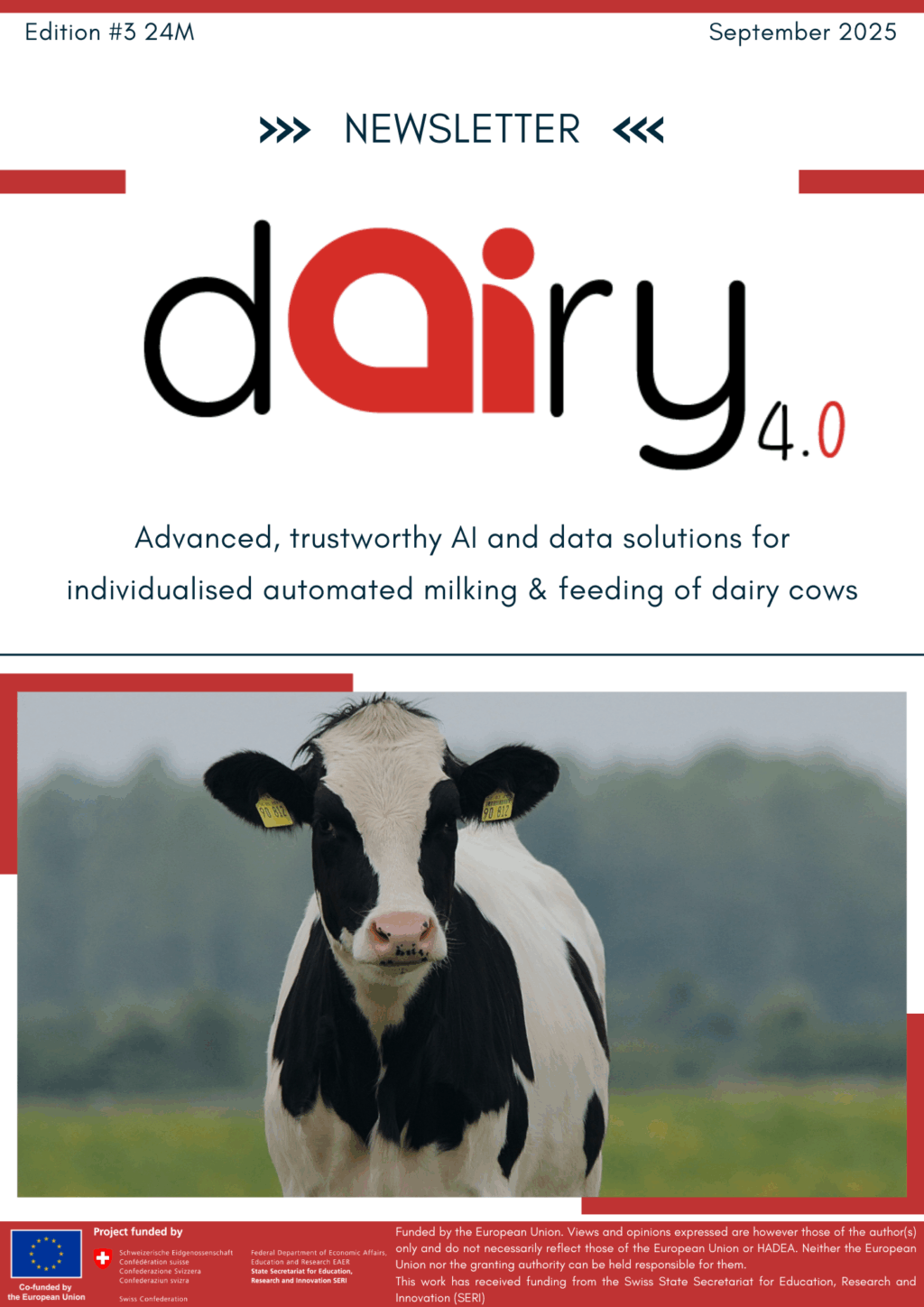
M12 – M24 Newsletter!
The third version of the newsletter is now released, summarizing all project updates, and events from the first 2 years of the dAIry 4.0 project. Interested individuals can subscribe here[…]
Read moreContact Us


Funded by the European Union. Views and opinions expressed are however those of the author(s) only and do not necessarily reflect those of the European Union or of the granting authority. Neither the European Union nor the granting authority can be held responsible for them.
This work has received funding from the Swiss State Secretariat for Education, Research and Innovation (SERI).

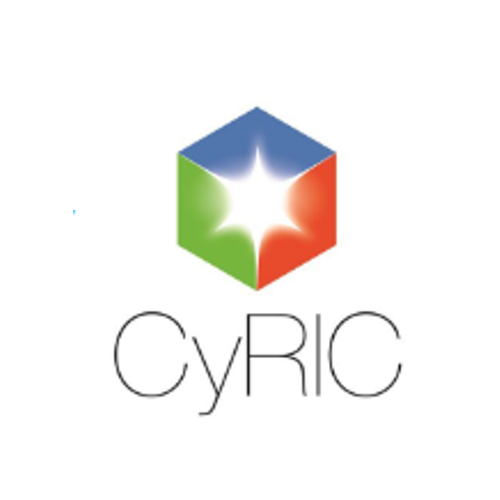
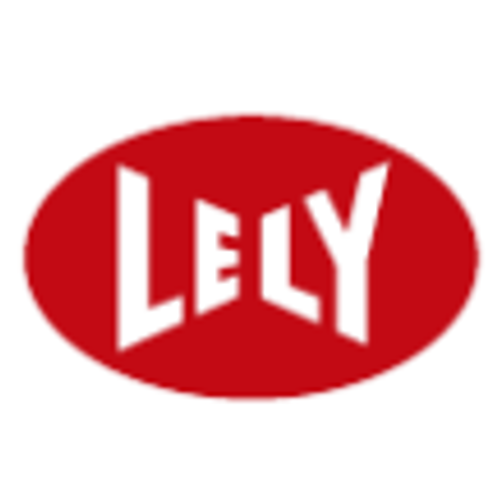

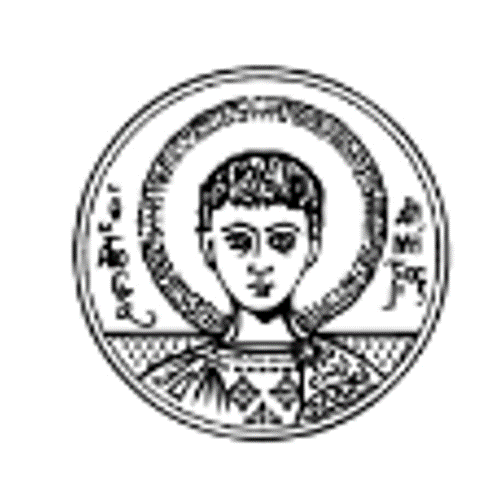
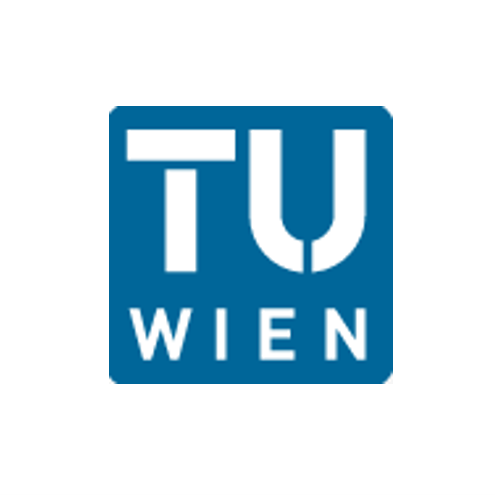
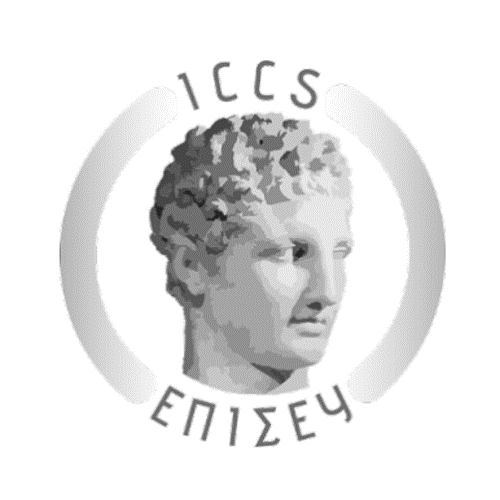
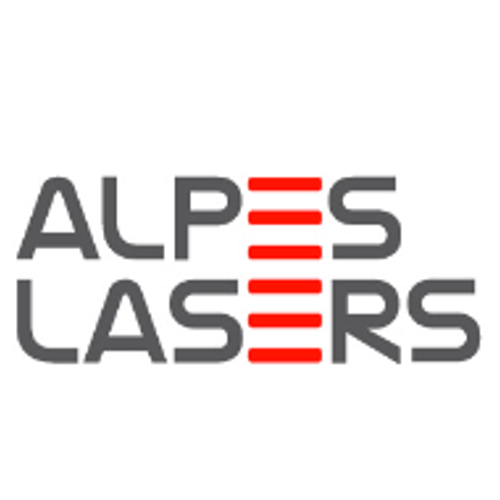


Follow our Social Media
Follow us on Facebook
Facebook Page
Follow us on LinkedIn
LinkedIn Page